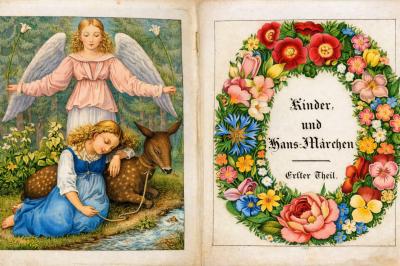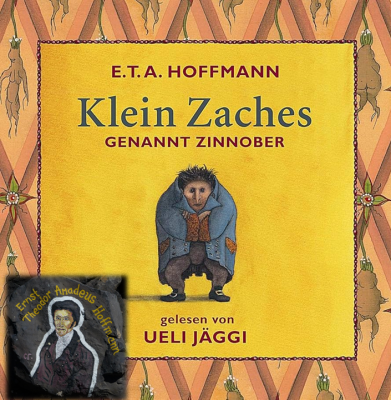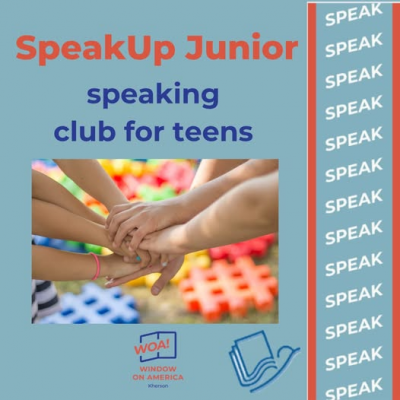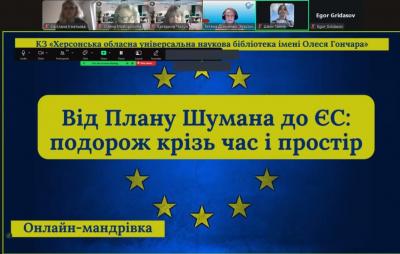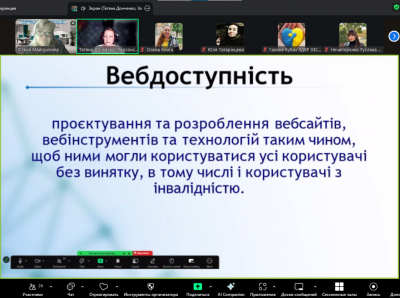Мова блогерів
Російський письменник, філософ та суспільний діяч ХІХ століття Володимир Одоєвський у незакінченому утопічному романі «4338-й рік», який він написав у 1837 році, мабуть був першим, хто передбачив появлення сучасних блогів та Інтернету. У тексті роману є таки стрічки: « «между знакомыми домами устроены магнетические телеграфы, посредством которых живущие на далёком расстоянии общаются друг с другом».
З появленням блогів з’явилась й мова блогерів. Інформація, що розташована нижче, буде корисна тим, хто вивчає англійську.
Blog — Short for Weblog. A Web site that contains written material, links, or photos being posted all the time, usually by one individual, on a personal basis.
(To) blog — Run a blog or post material on one.
Blogger — Person who runs a blog.
Blogosphere — All blogs, or the blogging community.
Blogroll — List of external links appearing on a blog, often links to other blogs and usually in a column on the homepage. Often amounts to a “sub-community” of bloggers who are friends.
Blogware — Software used to run a blog.
Comment spam — Like e-mail spam. Robot “spambots” flood a blog with advertising in the form of bogus comments. A serious problem that requires bloggers and blog platforms to have tools to exclude some users or ban some addresses in comments.
Content syndication — How a site’s author or administrator makes all or part of its content available for posting on another Web site.
Moblog — Contraction of “mobile blog.” A blog that can be updated remotely from anywhere, such as by phone or a digital assistant.
Permalink— Contraction of “permanent link.” Web address of each item posted on a blog. A handy way of permanently bookmarking a post, even after it has been archived by the blog it originated from.
Photoblog — A blog containing mostly photos, posted constantly and chronologically.
Podcasting — Contraction of “iPod” and “broadcasting.” Posting audio and video material on a blog and its RSS feed, for digital players.
Post — An item posted on a blog. Can be a message or news, or just a photo or a link. Usually a short item, including external links, that visitors can comment on.
RSS (Really Simple Syndication) — A way of handling the latest items posted on a Web site, especially suited for blogs because it alerts users whenever their favorite blogs are updated. It can also “syndicate” content by allowing other Web sites (simply and automatically) to reproduce all or part of a site’s content. Spreading fast, especially on media Web sites.
RSS Feed — The file containing a blog’s latest posts. It is read by an RSS aggregator/reader and shows at once when a blog has been updated.
Trackback — A way that Web sites can communicate automatically by alerting each other that an item posted on a blog refers to a previous item.
Web diary — A blog.
RSS Aggregator — A software or online service allowing a blogger to read an RSS feed, especially the latest posts on his favorite blogs. Also called a reader or feedreader.
Wiki — From the Hawaiian word “wikiwiki” (quick). A Web site that can be easily and quickly updated by any visitor. The word has also come to mean the tools used to create a wiki (wiki engines). Blogs and wikis have some similarities but are quite different.
From Pointblog.com reprinted only for education purposes.
